How can nutrition boost testosterone naturally for peak male performance?
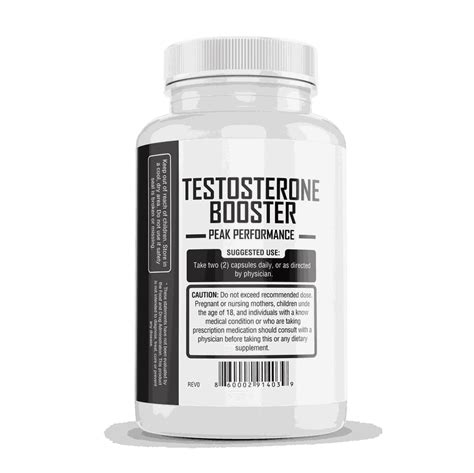
Understanding Testosterone’s Role in Male Performance
Testosterone, often called the primary male sex hormone, plays a critical role far beyond just libido. It’s essential for muscle mass, bone density, red blood cell production, mood regulation, and overall energy levels. As men age, testosterone levels naturally decline, but lifestyle factors, particularly nutrition, can significantly influence its production and utilization. Optimizing these levels naturally through diet is a powerful way to enhance physical and mental performance, promoting vitality and well-being.
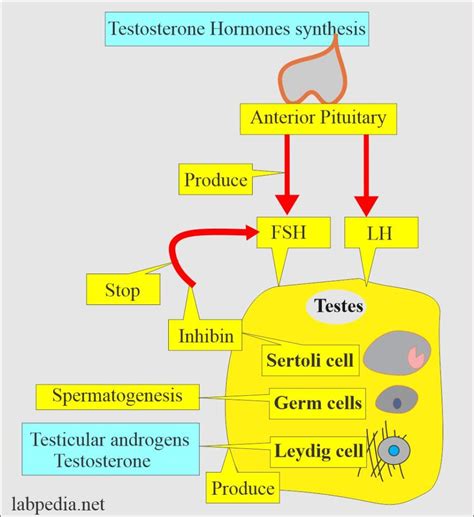
The Nutritional Pillars for Testosterone Production
Boosting testosterone naturally begins with a foundational understanding of key nutrients. It’s not about magic pills, but rather a consistent intake of specific vitamins, minerals, and macronutrients that support hormonal synthesis and function.
Healthy Fats: Essential for Hormone Synthesis
Despite past warnings, healthy fats are crucial for testosterone production. Cholesterol, a precursor to testosterone, is synthesized from dietary fats. Incorporate monounsaturated and polyunsaturated fats from sources like avocados, olive oil, nuts, seeds, and fatty fish. Saturated fats, in moderation from quality sources like grass-fed butter or coconut oil, also play a role.
Protein: The Building Block
Adequate protein intake is vital for overall health and muscle maintenance, which indirectly supports testosterone levels. Aim for lean protein sources such as chicken, turkey, fish, lean beef, and plant-based proteins like lentils and beans. These provide the amino acids necessary for various bodily functions, including hormone regulation.
Complex Carbohydrates: Fuel for Performance
While often debated, complex carbohydrates are important for energy, especially for physically active men. They help maintain stable blood sugar levels, preventing insulin spikes that can negatively impact testosterone. Choose whole grains, fruits, and vegetables over refined sugars and processed carbs.
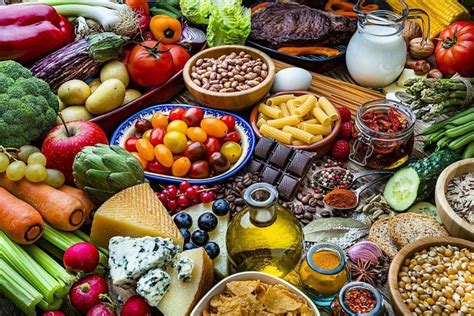
Key Micronutrients for Testosterone Optimization
Certain vitamins and minerals are direct players in the testosterone production pathway:
- Vitamin D: Often referred to as a prohormone, Vitamin D is directly linked to testosterone levels. Sun exposure is the primary source, but dietary intake from fatty fish (salmon, mackerel), fortified foods, and supplements can help.
- Zinc: This essential mineral is critical for numerous enzymatic processes, including testosterone synthesis. Zinc deficiency can lead to reduced testosterone. Rich sources include oysters, red meat, poultry, beans, nuts, and whole grains.
- Magnesium: Magnesium helps reduce sex hormone-binding globulin (SHBG), a protein that binds to testosterone, making it unavailable. By lowering SHBG, magnesium can increase free testosterone. Found in leafy green vegetables, nuts, seeds, and dark chocolate.
- Boron: Emerging research suggests boron can increase free testosterone and reduce estrogen levels. It’s found in fruits, vegetables, and nuts.

Foods to Include in Your Diet
To put the above principles into practice, focus on incorporating these foods:
- Oysters: Arguably one of the best sources of zinc.
- Fatty Fish (Salmon, Mackerel, Tuna): Excellent for Vitamin D and Omega-3 fatty acids.
- Egg Yolks: Contain healthy cholesterol, Vitamin D, and selenium.
- Leafy Green Vegetables (Spinach, Kale): Rich in magnesium.
- Berries and Citrus Fruits: Packed with antioxidants and Vitamin C, which can help manage cortisol (stress hormone) that negatively impacts testosterone.
- Garlic: Contains compounds that may influence hormone levels.
- Avocados: A fantastic source of healthy monounsaturated fats.
Foods and Habits to Limit or Avoid
Just as important as what you eat is what you don’t. Certain foods and habits can detrimentally affect testosterone:
- Processed Foods and Sugars: High intake can lead to insulin resistance and increased body fat, both of which are bad for testosterone.
- Excessive Alcohol: Can impair testicular function and increase estrogen.
- Trans Fats: Found in many fried and processed foods, these are detrimental to overall health and hormone balance.
- Soy Products (in excess): While fermented soy can be beneficial, unfermented soy in large quantities contains phytoestrogens that may mimic estrogen.
- Poor Sleep and Chronic Stress: These lifestyle factors significantly elevate cortisol, which directly suppresses testosterone production.
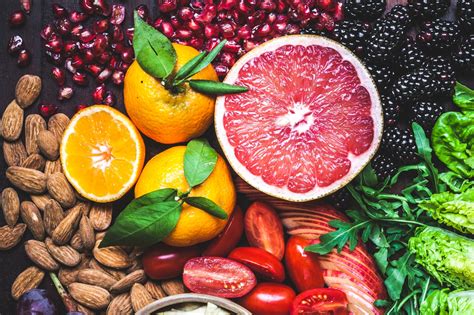
Beyond the Plate: Lifestyle Synergies
While nutrition is a cornerstone, its effects are amplified when combined with other healthy lifestyle choices. Regular exercise, particularly strength training and high-intensity interval training (HIIT), has been shown to boost testosterone. Adequate, quality sleep (7-9 hours per night) and effective stress management techniques are also crucial, as chronic stress elevates cortisol, which directly competes with testosterone.
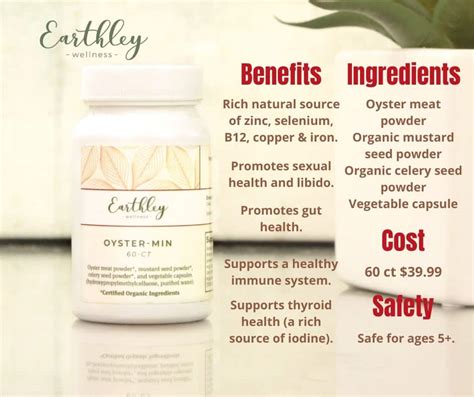
Conclusion
Naturally boosting testosterone for peak male performance is a comprehensive endeavor, with nutrition at its core. By prioritizing healthy fats, lean proteins, complex carbohydrates, and essential micronutrients like Vitamin D, Zinc, and Magnesium, men can create an optimal internal environment for hormone production. Couple these dietary strategies with smart lifestyle choices—regular exercise, sufficient sleep, and stress reduction—and you have a powerful, natural approach to enhancing vitality, strength, and overall well-being.








